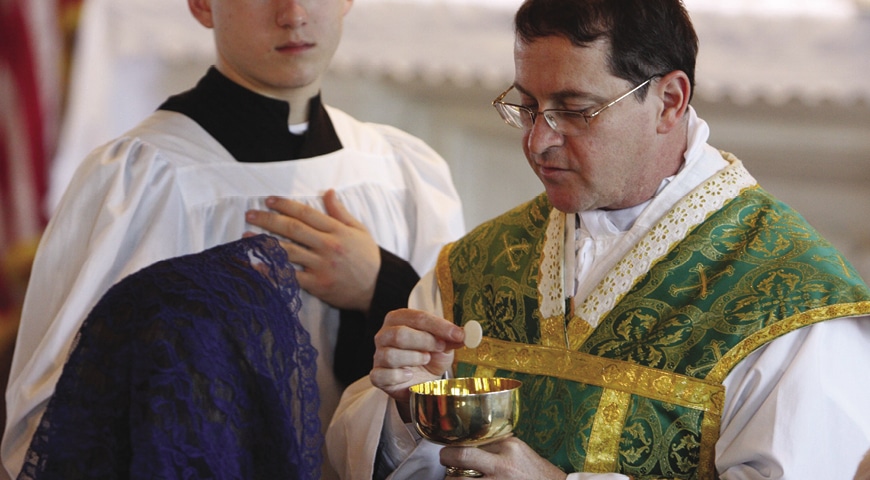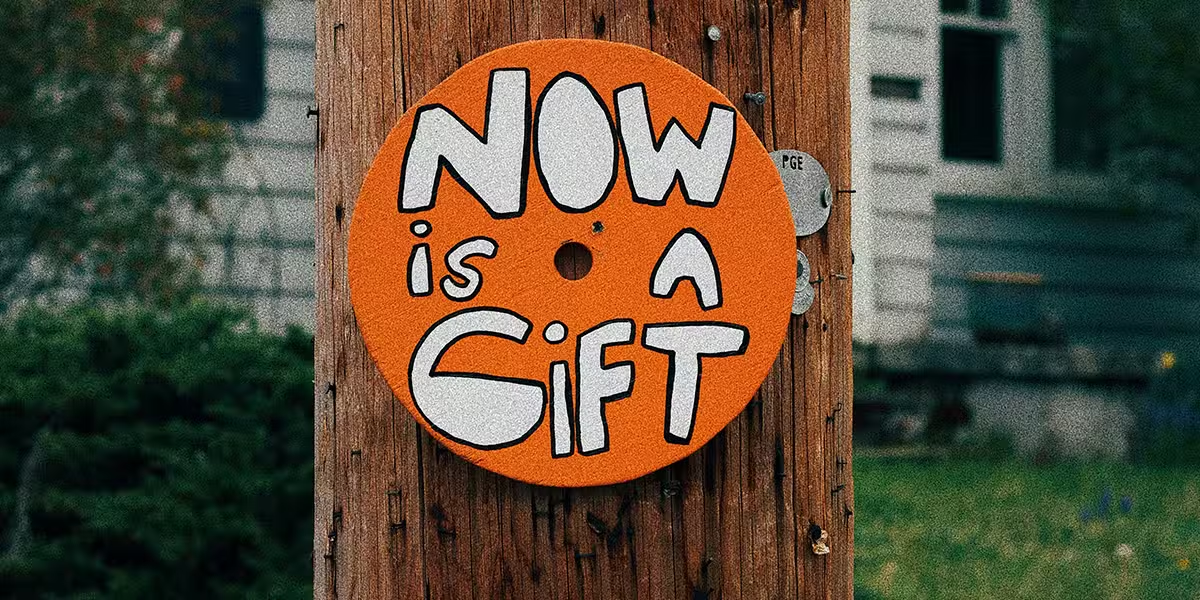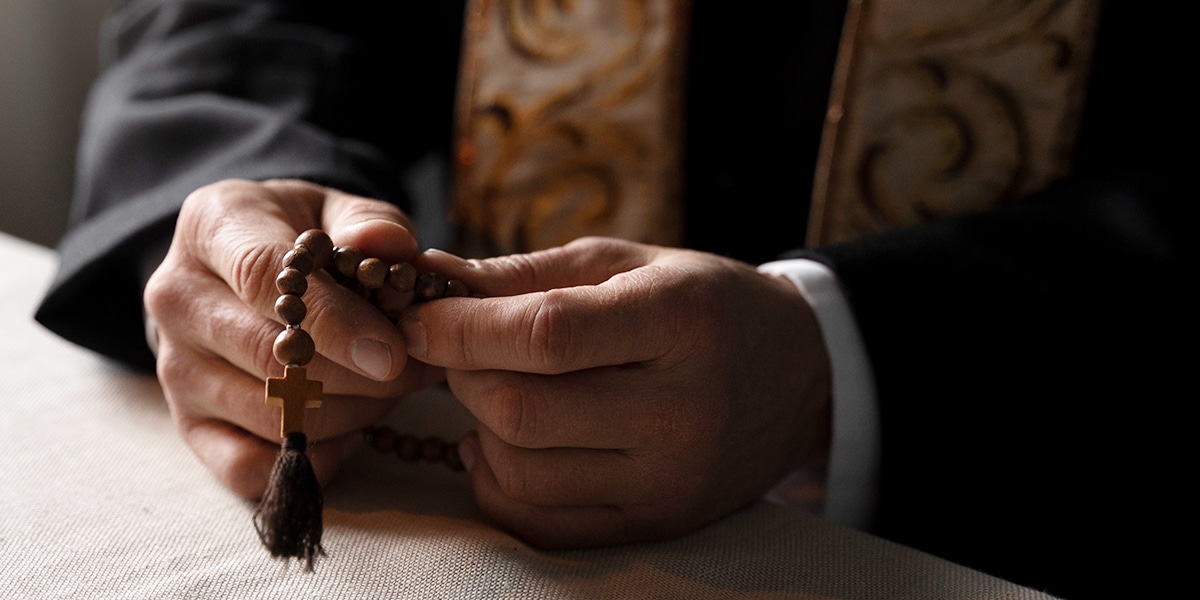A Question About the Tridentine Mass
My daughter attends a Tridentine Mass. Is this acceptable?
Yes, if that Mass is celebrated within the new guidelines that Pope Francis established last year. No, if she regards it as the only genuine Mass. This is ultimately an issue about Communion (the sacrament) and communion (the Church as the body of Christ).
The New Order of the Mass, authorized by Pope Paul VI in 1969, went into effect the following year, replacing the Roman Missal’s 1962 edition. In 1963, the bishops at Vatican II called for the liturgical books to be revised and for active participation of worshippers (Constitution on the Sacred Liturgy, 25, 30). A three-year Sunday Lectionary was created to offer a much wider selection of Scripture passages. Responses by the entire congregation were added as well as general intercessions for the Church and the whole world. Soon after Pope John Paul II gave permission in 1988 for wider use of the Tridentine Mass, I spoke about this with Father Norman Perry, OFM, who wrote this column under different titles between 1966 and 1999. He sighed and said that he and many others had worked very hard for years to explain why the Mass was changed in 1970.
He felt Pope John Paul’s decision undermined their efforts—for which many of them received verbal abuse. For some people, accepting the Tridentine Mass as the only legitimate Mass was and is an indirect way of rejecting everything that the bishops taught at Vatican II.
Father Norman had died by 2007 when Pope Benedict XVI expanded the conditions under which the Extraordinary Form (Tridentine) Mass could be celebrated, creating a sort of liturgical Wild West that some local bishops worked to regulate while others did not. The number of places where the Tridentine Mass was celebrated increased considerably. Many Catholics no longer recognized a local bishop’s right to regulate the liturgy in his diocese, usually done in harmony with bishops of the same region.
Why Did Pope Francis Restrict the Tridentine Mass?
After consulting the world’s bishops about the use of the Tridentine Mass (see first Q&A), Pope Francis issued on July 16, 2021, a motu proprio (a document released on his own initiative) revoking the guidelines issued by John Paul II and Benedict XVI and saying that local bishops could give permission under very special circumstances, indicating that the Tridentine Mass should not be celebrated in parishes or advertised in their bulletins.
The permissions given by Popes John Paul II and Benedict XVI, wrote Pope Francis, were “intended to recover the unity of an ecclesial body with diverse liturgical sensibilities, [were] exploited to widen the gaps, reinforce the divergences, and encourage disagreements that injure the Church, block her path, and expose her to the peril of division.” A few months later, the Holy See’s Congregation for Divine Worship clarified that the Tridentine Mass may not be used for conferring Confirmation or Holy Orders.
In my first response above, I mentioned “Communion” or “communion.” No one denies that Christ is truly present in hosts consecrated at a Tridentine Mass. The reason for the present restrictions is that some people have effectively turned the Mass into a consumer product, like choosing one brand of soda or cookie over another. The Eucharist is also communion, a recognition of the body of Christ present among those who celebrate it.
Why Would God Lead Us Into Temptation?
Why do we say in the Our Father, “Lead us not into temptation”? This is not in the Bible in Matthew or Luke. Why don’t we say it the way the Bible and Jesus tell us?
God doesn’t lead us into temptation. In effect, the line you quote is an indirect way of saying, “Help us remember that your grace enables us to resist any sinful temptation.” The version of the Our Father that most Catholics know is from the Gospel of Matthew. The New American Bible, however, translates the expression you question as, “And do not subject us to the final test” and immediately adds, “But deliver us from the evil one [Satan].”
In the New Jerome Biblical Commentary, Benedict Viviano, OP, says Matthew 6:13 “probably means ‘do not let us succumb to the end-time trial’ or ‘do not let us fall when we are tempted.’” He points out that the word evil “almost certainly refers to the Evil One, the devil, evil personified.”
In the Paulist Biblical Commentary, Brendan Byrne, SJ, writes that the verse in question “reflects a biblical tendency to attribute all occurrences ultimately to God, without distinction between the intentional and merely permissive divine will. The petition stems from a sense that in the looming eschatological showdown the forces of evil may for a time gain the upper hand. The community prays that it will not be exposed at this moment (which the early generations believed to be imminent) to the extreme test, masterminded by the ‘evil one’ (Satan). Believers today may not pray the prayer with the same sense of eschatological urgency, but we can pray it with the same sense of creaturely dependence, familial intimacy, and plea for protection from insidious evil as those who first heard it from Jesus.”
Eschaton is the Greek word for “end times.”
In Heaven That Day or Not?
In Luke 23:43, Jesus tells the condemned criminal that he will be with him in paradise that day. First Peter 3:18–20 suggests that after Jesus died, he went to preach to the spirits in prison (Sheol) before he was resurrected. Aren’t these statements contradictory?
Not necessarily. Both passages reaffirm that there is no salvation apart from Jesus’ death and resurrection. We should not ask the Bible to answer questions that a particular text is not addressing. Also, imposing our sense of time on God is always risky.








